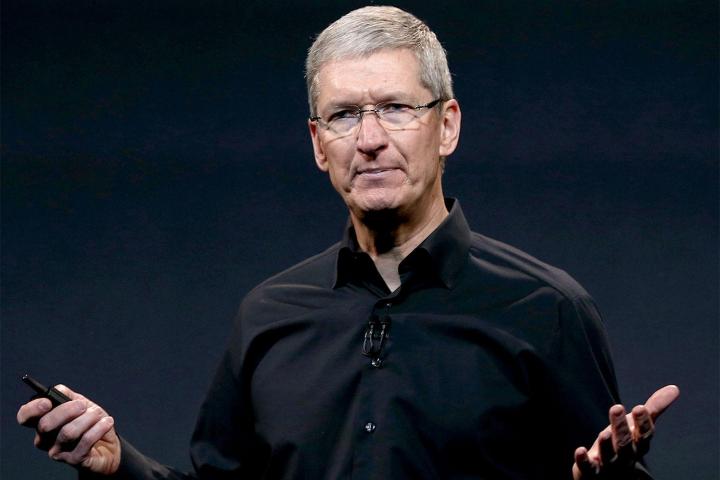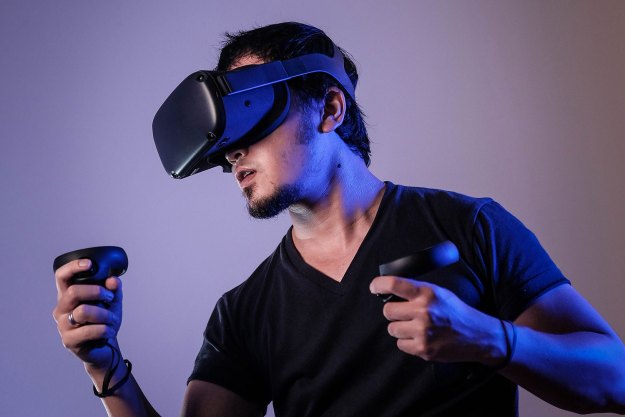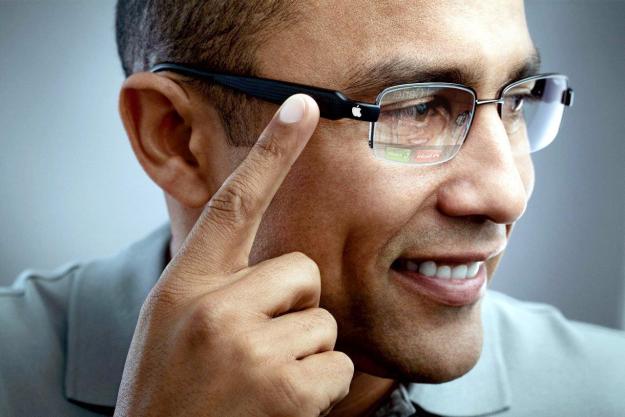
So far, Apple really hasn’t chosen a specific team. However, a recent comment by CEO Tim Cook suggests that the company would rather take the AR route. Why? Because augmented reality mixes virtual reality with actual reality; it doesn’t simply engulf consumers entirely in a virtual environment like virtual reality does. Cook believes that there’s no substitution for human contact, thus technology needs to encourage that interaction.
“VR, I think, has some interesting applications, but I don’t think it’s a broad-based technology like AR,” Cook explained. “Augmented reality will take some time to get right, but I do think that it’s profound.”
According to Cook, humans would have a more productive conversation if they were sharing the same AR experience because it’s a human interacting with a human despite the virtual elements in their line of sight. Because those elements become part of reality in a visual sense, AR technology amplifies the interactive experience instead of serving as an engulfing barrier.
Apple hasn’t really disclosed any plans in either field, but its recent decisions have led to the belief that Apple may favor AR. For example, Apple in 2013 purchased PrimeSense, the company that provided the motion-sensing sensors for Microsoft’s first Kinect device. After that, Apple scooped up augmented reality firm Metaio in 2015 and, just months later, did the same with Faceshift, the firm responsible for the real-time motion-capture technology used in Star Wars VII: The Force Awakens.
But Apple’s aggressive behind the scenes AR/VR movements don’t stop there. As BuzzFeed points out, the company reeled in VR research scientist Yury Petrov from Oculus VR, Zeyu Li (who is now Apple’s senior vision algorithm engineer) from Magic Leap, and Doug Bowman, who is the former director of the Center for Human-Computer Interaction at Virginia Tech.
Apple also has several intriguing patents in the works, inclusing “a head-mounted display” and a “peripheral treatment for head-mounted displays.” The company even seems to be building an AR/VR foundation in its current products, such as the two-camera system installed on the iPhone 7 Plus, the accelerometer and GPS in the Apple Watch, and the “spatially aware” microcomputers in its new wireless earphones.
Finally, Apple is reportedly in talks with companies that produce immersive content, one of which is Jaunt, which provides cinematic VR experiences. That seems to go against Apple’s apparent leanings toward the AR market. However, there’s no question that a company as large as Apple, with a customer base of millions, can’t ignore one technology over the other. Heck, knowing Apple, the company is working on a way to somehow blend the AR and VR technologies together into a unique, industry-steering device.
Editors' Recommendations
- Apple boss Tim Cook launches charm offensive in vital market
- Apple’s next Vision Pro may send you on a mood-altering trip
- Apple may be forced to change the Vision Pro headset’s name
- Apple’s Reality Pro headset may launch sooner than anyone expected
- Apple’s VR headset has no killer app, prominent leaker warns


